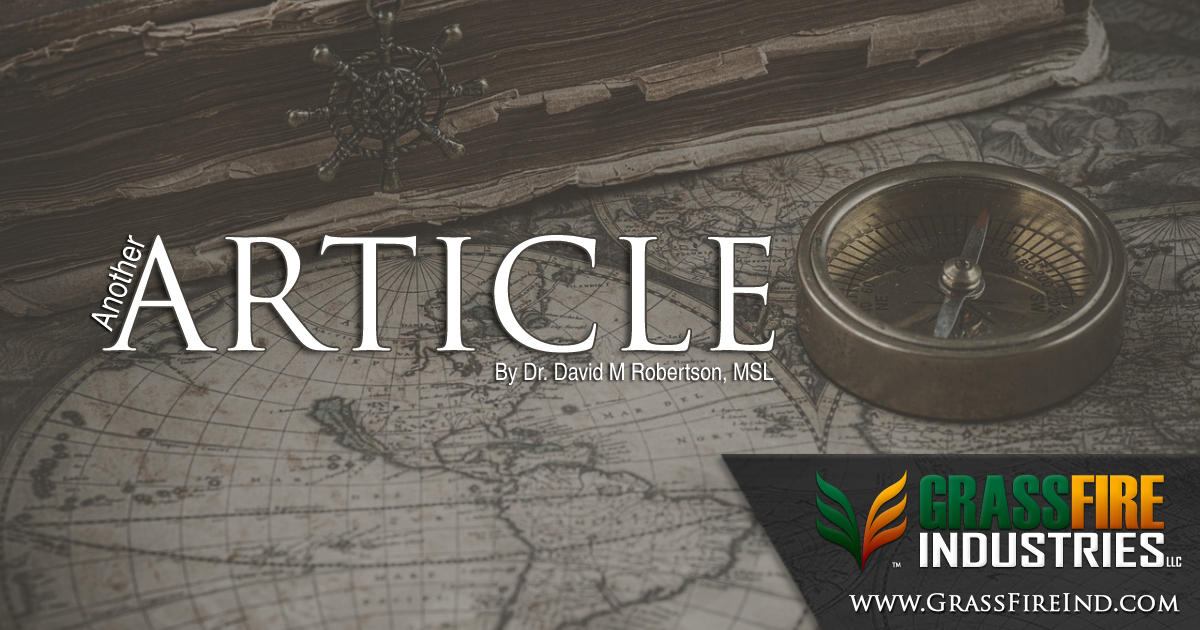Learned helplessness is a terrible condition where individuals believe they have no control over their circumstances, leading them to stop trying to change or improve their situation. This mindset often develops after repeated exposure to adverse events or environments where efforts to change the outcome consistently fail. Over time, the individual learns to believe that no matter what they do, they cannot influence the outcome, leading to a state of passive acceptance. Does this sound familiar?
How Does Learned Helplessness Occur?
Learned helplessness can occur in various areas of life, including professional, medical, and educational settings (and more). For example:
- Professional Life: An employee who repeatedly faces rejection, criticism, or lack of recognition may begin to feel that their efforts are futile, leading to decreased motivation, innovation, and job satisfaction. A Gallup study found that about 23% of employees feel burned out at work very often or always, and an additional 44% feel burned out sometimes. It doesn’t have to be this way.
- Medical Settings: Patients who experience chronic illness or repeated treatment failures may start believing that their health cannot improve, which can exacerbate their condition and lower their quality of life. The Centers for Disease Control and Prevention (CDC) reports that 60% of U.S. adults have a chronic disease, and 40% have two or more. While not all will develop learned helplessness, a significant subset likely will – especially considering that receiving a proper diagnosis can take as long as eight years. Learning how to navigate this is essential!
- Education: Students who struggle academically despite their efforts may come to believe that they are incapable of success, leading them to disengage from learning altogether. Undoubtedly, this can have profound negative impacts. We all have felt this on some level at some time, but sometimes, we need a little more help to overcome it.
How We Inadvertently Contribute to Our Own Learned Helplessness
Unfortunately, many people unknowingly reinforce their own learned helplessness. This can happen through self-doubt, negative self-talk, and a failure to recognize and challenge limiting beliefs. For instance, when someone tells themselves, “I’ll never be good at this,” they inadvertently reinforce the notion that improvement is impossible, making them less likely to take actions that could lead to success. This typically results in being ‘in a rut’ or simply accepting that life isn’t everything they thought it could be.
The Implications of Learned Helplessness
The consequences of learned helplessness are far-reaching. It can lead to a decline in mental health, including depression and anxiety, reduced job performance, poor academic outcomes, and even deteriorating physical health. In extreme cases, it can prevent individuals from seeking help or opportunities for growth, trapping them in a cycle of stagnation and despair. Unfortunately, we live in a society that resists professional help, or we don’t know who to turn to. Even worse is simply not understanding what pulls us deeper into the abyss.
Why is It So Hard to Break Free?
Breaking free from learned helplessness is challenging due to several factors. A few examples include:
- Epistemic Rigidity: This concept, developed by Dr. David Robertson, explains why individuals struggle to discard inaccurate information and advance their knowledge. Cognitive biases like the Einstellung effect, Einstein effect, Dunning-Kruger effect, anchoring bias, and confirmation bias all contribute to a fixed mindset, making it difficult to recognize and embrace new possibilities.
- Conditioning Through Education, Media, and Politics: From an early age, individuals are often conditioned by societal institutions to accept certain beliefs and limitations. This conditioning is reinforced by media, political messaging, and social media, which often promote a narrative of helplessness or dependence.
- Unseen Biases that Drive Belief and Behavior: Many of our beliefs and behaviors are driven by unconscious biases, which are difficult to identify and overcome without external guidance. These biases can perpetuate a sense of powerlessness as they influence how we interpret our experiences and the world around us.
The Importance of Seeking Professional Help
The good news is that learned helplessness can be overcome. However, overcoming learned helplessness often requires more than just self-help. Professional leadership development, guided by trained experts like leaderologists, can provide the necessary tools and support to break free from this debilitating condition. These professionals use scientific methods to help individuals build self-efficacy, challenge limiting beliefs, and develop the skills needed to take control of their lives.
It is important to understand that getting expert guidance is crucial. As the saying goes, “We don’t know what we don’t know.” Without professional help, by experts specifically trained to help you get out, individuals may struggle to recognize the underlying causes of their learned helplessness or may not have the tools needed to address them effectively.
Making things worse is the slew of unqualified leadership coaches. The field of leadership coaching is unregulated, meaning not all coaches are qualified to provide effective support. It’s important to seek out trained professionals who have studied the science of leadership and cognitive behavior to ensure that the help provided is both effective and evidence-based.
At GrassFire Industries LLC, we offer expert leadership development and training led by the only verified leaderologist in Wichita. Our approach is grounded in cognitive behavioral science, ensuring that individuals receive the highest quality support to overcome learned helplessness and Epistemic Rigidity and reclaim control over their lives.
Final Thoughts
Learned helplessness is a serious condition that can have profound effects on every aspect of a person’s life – and, by extension, the lives of those we are in contact with. While there isn’t a precise statistic for how many Americans are affected by learned helplessness, considering the examples provided, it’s reasonable to estimate that millions of people in the U.S. may experience some form of learned helplessness. Understanding how it develops, recognizing its implications, and seeking professional help are crucial steps in breaking free from its grip. With the right guidance and support, individuals can absolutely overcome learned helplessness, develop resilience, and ultimately achieve their goals.


